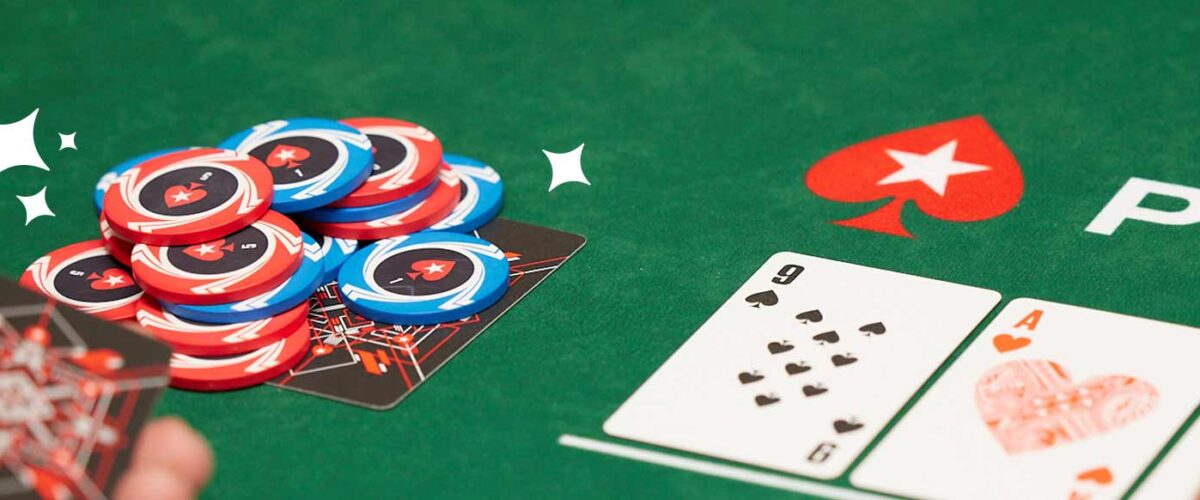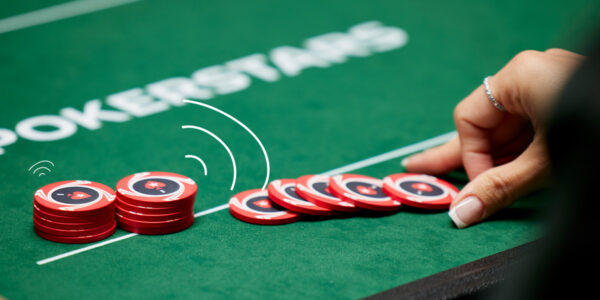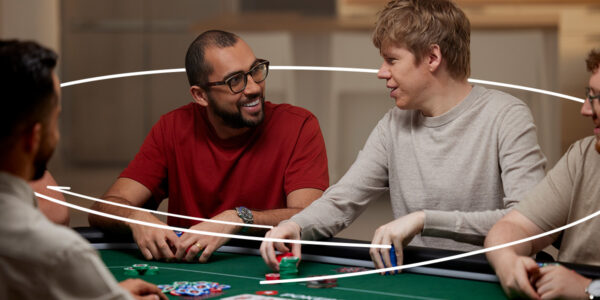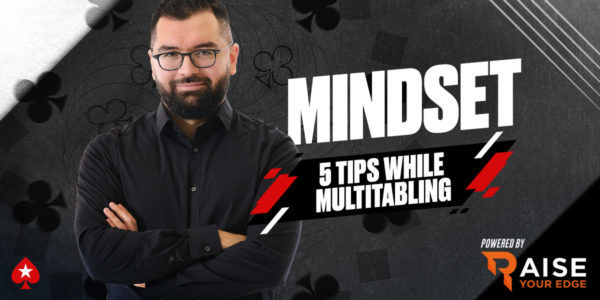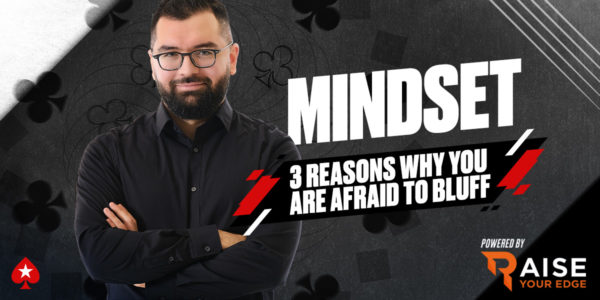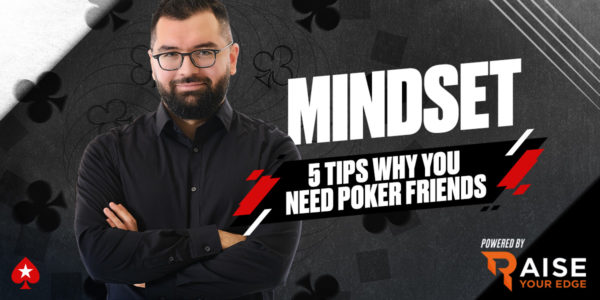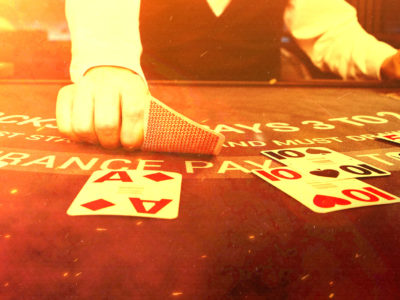Questions to ask yourself when you suffer a bad beat
It can be hard to come to terms with, especially when you’re getting slapped in the face by a lucky two pair every time you pick up aces. But bad beats are a part of the game. They’re always going to be there and everyone experienced them.
A bad beat is never going to feel pleasant. By keeping them in perspective, however, and staying focused on playing the best poker possible, you can minimize their impact on both emotions and results.
Here are five questions you can ask yourself when you suffer a bad beat.
How bad was it?
Not all bad beats are equal. So, the first question is, how bad was it, really?
- 60/40 – Two higher cards against lower cards is often around 60/40 preflop, for example, AK vs QJ. In this case, you’re a slight favourite, enough to want to get the chips in the middle. But your opponent still wins 40 percent of the time. You shouldn’t expect to win every time.
- 80/20 – Aces against an underpair is around an 80/20, meaning your opponent wins on average one in every five times. That’s good enough odds that you’re delighted to see it. When an opponent hits, it’s going to hurt. But it’s still completely normal to lose some of these pots.
- An outrageous beat – The most outrageous beats are those in which you have a huge advantage and opponents are drawing to just a few outs. They have 5 percent on the flop and somehow and probably shouldn’t be in the pot, yet somehow they hit their miracle card. Ouch!
It’s important to keep bad beats in perspective. It’ll help you to regulate your emotional state if you can get used to the fact that a 60/40 is not really a bad beat at all. And that 80/20s are bound to happen sometimes. You can work out the outrageous ones as you gain experience!
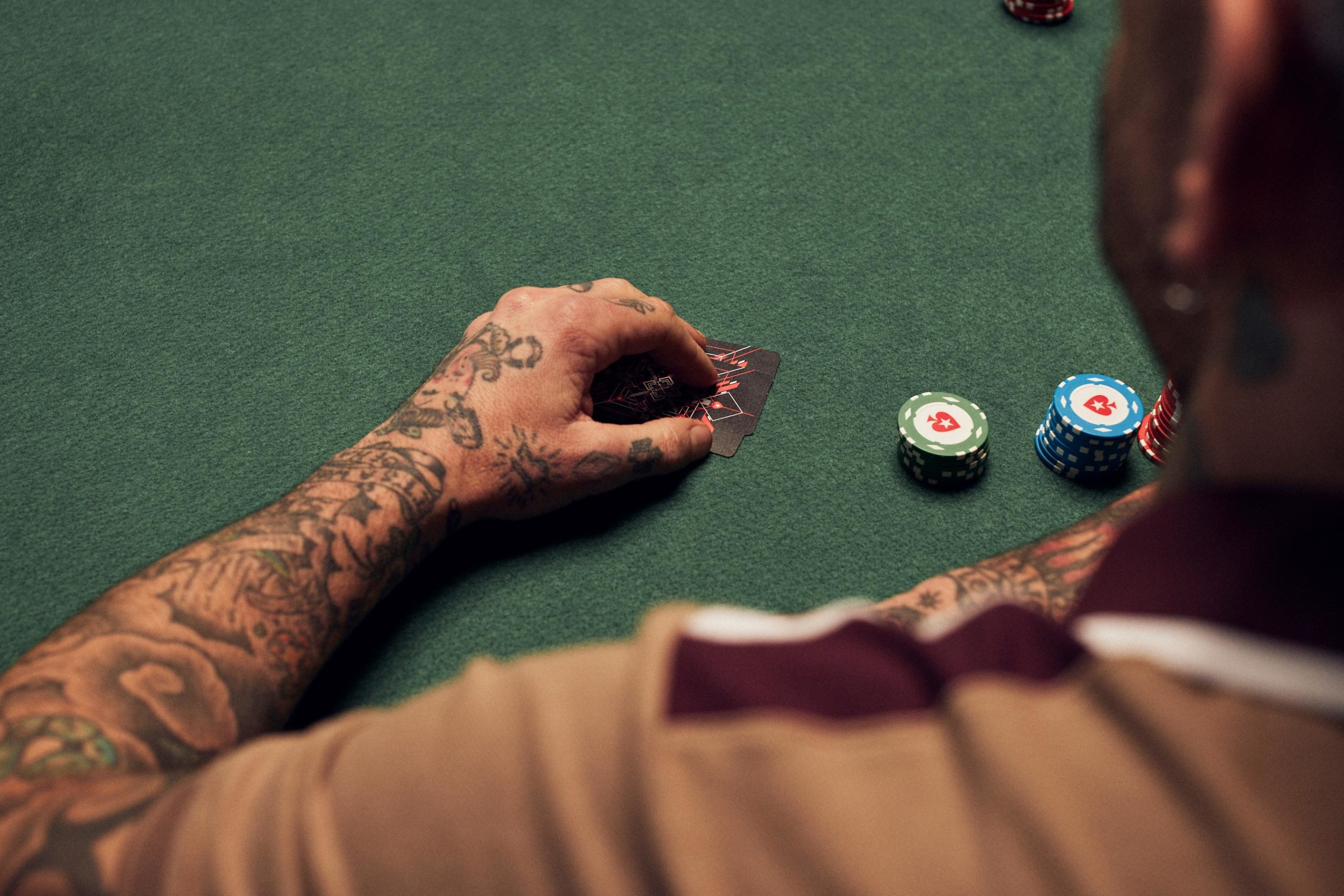
Am I on tilt?
Bad beats really hurt. It’s not just the percentages that make them painful, it’s also the situation. If you’re deep in a tournament, for example, you’re going to be feeling it much more than if it happened in the mid stages with less at stake.
In any case, your first priority after suffering a bad beat is to calm down. If you continue to get involved in pots when angry, there’s a chance you’ll get overly aggressive and spew chips, or act irrationally rather than playing your best poker.
If you’re playing a cash game, feel free to take a pause. In tournaments, you can take a deep breath and slow down your aggression. Switch to a tighter approach until you feel your emotions subside.
What can I learn about my opponent?
If you’ve suffered a bad beat, that means your opponent has got their chips in behind. This can be totally legitimate, as is the case with “coolers” in which both players had strong enough hands or reasons to justify their betting.
Often though, bad beats will give you an opportunity to learn something new about another player. Consider it a consolation prize. How did they play their hand? Did they make a big mistake? If so, take note of their actions so that you can exploit it later.
Doing this also helps you to refocus your energy on poker, instead of on the rage of the bad beat. It’s a way to turn that energy into useful information.
Is there anything I could have done different?
The next question to ask yourself, is could you have done anything different in the hand? Often, when it’s a true bad beat, the answer is that you played the hand just fine. It was purely a chance outcome and, despite having the better odds, you were on the wrong end of it.
That doesn’t mean you shouldn’t take a moment to think about the hand and how it played out. Check and double check that you made the best decisions leading up to the moment of the beat. It’s always worth analysing your play.
What is my situation after the bad beat?
Once you have calmed down and made the most of the information that could be gleaned from the hand, it’s time to ask yourself, what is your situation after the bad beat? Do you still have chips? How many big blinds are you left with? Does the pot change the table dynamics?
The overall aim here is to move away from thinking about the bad beat and towards being in the moment ready for the next pot. Part of this involves reevaluating your situation in the tournament, such as how the changes in stacks effects the overall gameplay.
By asking this question after suffering a bad beat, you can move on quickly and continue to play your A-game.
View Other Blogs




